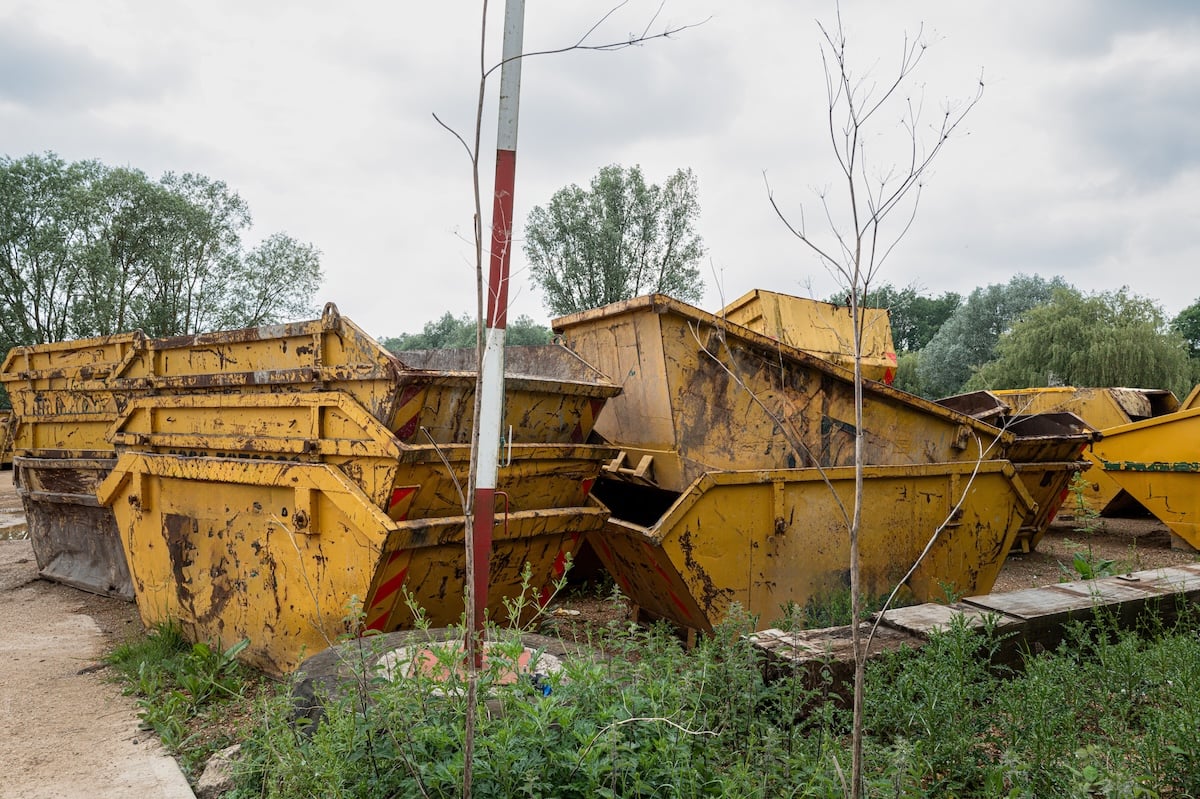Your Questions Answered
Have questions about skip hire? We've got answers! Whether it's your first time hiring a skip or you're a regular user, our FAQs are here to provide you with clear and detailed information to ensure your skip hire process is straightforward. Explore topics like skip sizes, permit requirements, waste management, and pricing details. If you can't find what you're looking for, feel free to contact us. Our expert team is always ready to help!



